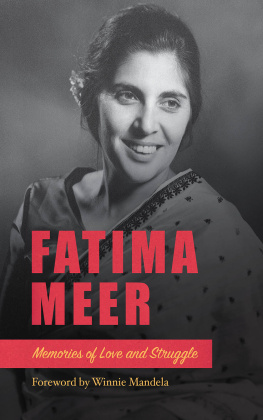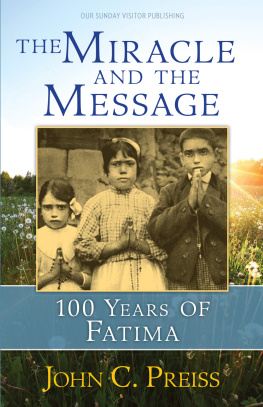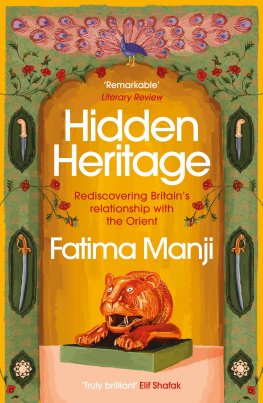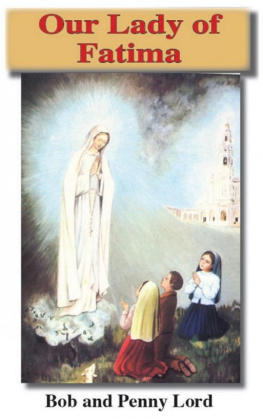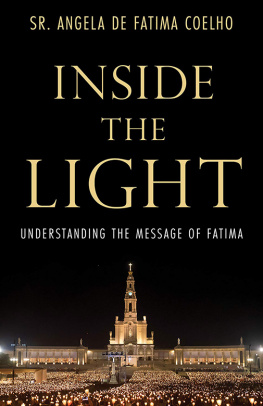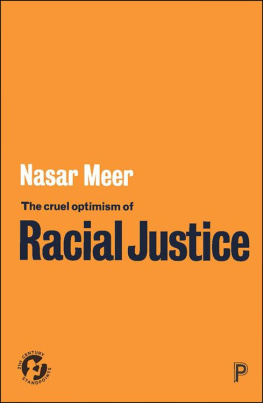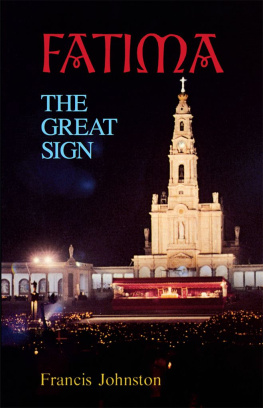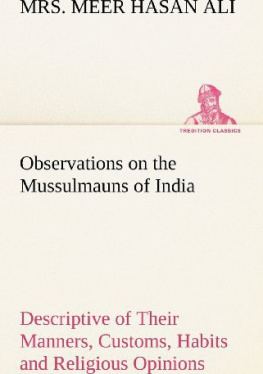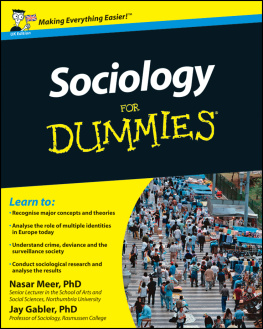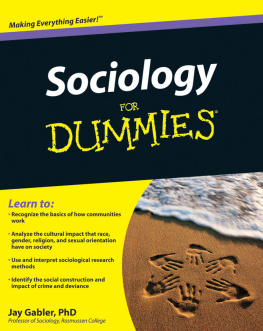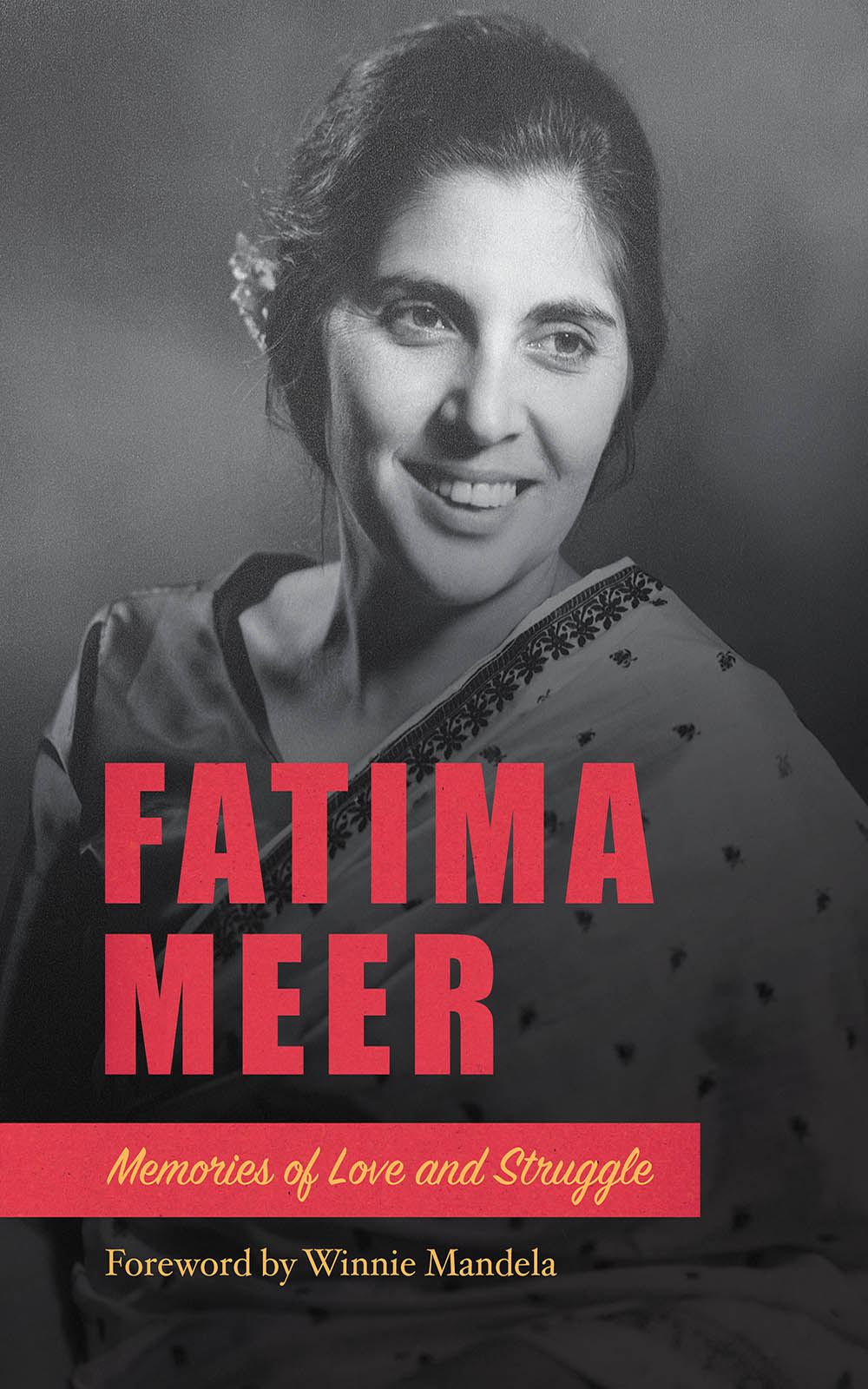Foreword
Every time I land at Durban Airport, I am haunted by the memory of Fatima Meer my dearest friend, sister and advisor whom I worshipped and treasured like my own possession. I have agonised for months about writing this foreword, wondering how anyone could do justice to this phenomenal womans life. No words seem eloquent enough to describe her or capture the essence of that intellectual giant who epitomised the spirit of a totally liberated and emancipated soul.
Our relationship goes back many years to when I was a junior social work student and had just met and fallen in love with Nelson Mandela. From our first date on the 10 March 1956, Madiba spoke to me about his classmates from Wits University, Fatima and Ismail Meer. As we drove to a farm, known today as Orange Farm, he wanted to know if I would like to visit the Meers in Durban as they were newly married. I was puzzled and thought to myself what a strange man. I hardly knew him and he already took me so for granted. I sheepishly said it would be a good idea, believing that I would never go visiting strangers.
Madiba could be annoyingly persistent and he of course did send me to meet the Meers as our relationship developed. When I enquired later from him why I had to visit Fatima, he boldly told me that he wanted her to confirm whether he had made the right choice of a woman. When I objected he just had a very good laugh.
On meeting them it soon became clear to me that the Meers were inextricably bound together ideologically. Both Fatima and Ismail were part of the core of the ANC that defied the segregationist ideology of the oppressive regime of the time that forced our organisation to be splintered into the Indian Congress, the Congress of Democrats, the Coloured Peoples Congress and the African Native Congress. They were very active in forming an inclusive organisation which finally gave birth to our present democracy, the African National Congress.
Fatima and I simply gravitated towards each other from when we first met. She became my friend, my sister and my confidant. She, like me, struggled within her community to be valued as an intellectual and activist and more than just a housekeeper. Fatima was born before her time. She was passionate about human rights, she was a sociologist and a born social worker.
At times our friendship was at a great cost to her. During the 1976 uprising by school children in Soweto, the government looked to blame me. The regime knew the students could not have planned the uprising on their own as they had no money. I had assisted their leaders such as Tsietsi Mashinini and Dan Montsitsi and consulted with them almost daily. I was eventually detained in August 1976. While in detention at No 4 the Fort, which is today known as Constitutional Hill, I was horrified to learn I was joined by my dearest Fatima. Fatima and I had formed the Black Womens Federation in 1975 which was short-lived because of the brutality of the apartheid regime. Her detention with me in 1976 was partly connected to this.
Fatima was not only a loyal friend but suffered together with me the humiliating scorn of the Security Branch due to our fight against injustice and because of her loyalty to me. She made me a board member of the research institute she founded, the Institute of Black Research, when it was not fashionable to include me in any democratic formation as this attracted the attention of the vicious Security Branch. When, after my release from detention in 1977, I was banished to Brandfort, my first visitor was my friend Fatima. She bought me a load of groceries and everything one would need at camp. Fatima comforted me in that wilderness.
When Comrade Nelson Mandela was moved to Victor Verster Prison in Paarl after 1988, I received a message that he wanted to see me urgently. On that occasion he said he wanted to see Fatima to ask her to write his biography - Higher Than Hope . Fatima agreed, but this would have consequences for both her and me. We had to send every chapter to the ANC president in exile, Oliver Tambo (known as OR) for his approval. Fatima had followed Madibas instructions to be brutally honest and had researched Madibas private life and his numerous indiscretions. OR was furious and demanded that all the chapters dealing with this be expunged. Fatima and I did just that, but she later told me she kept those pages somewhere in a vault in the bank.
Fatima and I had a mysterious bond, every time something happened to her, I would phone. My daughters would also visit for holidays. When her husband died, I phoned that very moment, knowing how she would feel. Fatima had actually never recovered from the death of her only son Rashid. She had known too much pain in her private life.
Fatimas dedication and commitment to the ANC was almost an obsession. I personally felt she deserved more recognition than she was given. But of course, ours is still a patriarchal society, in which men are more recognised than women. I hope that we will correct that situation with all our might as women. If Fatima was alive she would be contributing robustly to the current national debate about the grave problems we are faced with today such as the rumoured state capture, corruption and graft. I admired her open mind and the fact that she was a free spirit. Her biography makes fascinating reading!
Nomzamo Winnie Mandela
December 2016
Introduction
My mother started work on her autobiography in the year 2000 while putting together my fathers autobiography A Fortunate Man . While she read through the collection of his writings and transcribed the interviews he had recorded, her own life came into strong focus since they shared family and political experiences. My parents were related to each other: My mothers father and my father were first cousins, and both my mother and father had been active in the liberation struggle in South Africa from the 1940s. As she reflected on my fathers life, my mother began to record her own life in parallel.
My fathers book was published in 2002. In August of that very year, my mother had a second stroke which changed our lives. She was paralysed on the left side, confined to a wheelchair and required 24-hour nursing care until her death in 2010. However, she did not let that deter her and she lived most of those eight years with her trademark feisty passion. The first year and a half were the most difficult as she and we adjusted yet she journeyed to India some five months after the stroke to receive an award from Indias president. She continued her engagement with the Concerned Citizens Group in Chatsworth, addressed gatherings, challenged injustice and went on marches throughout these years.

